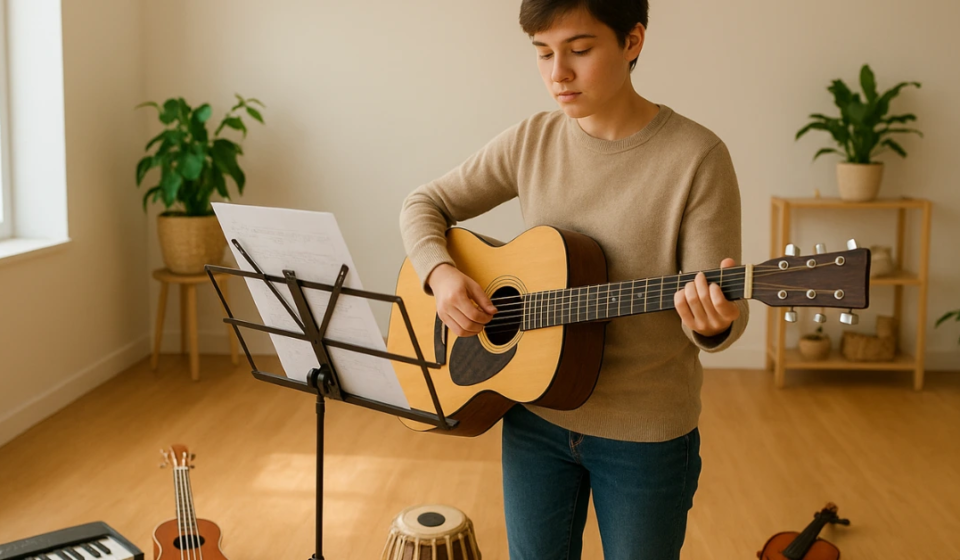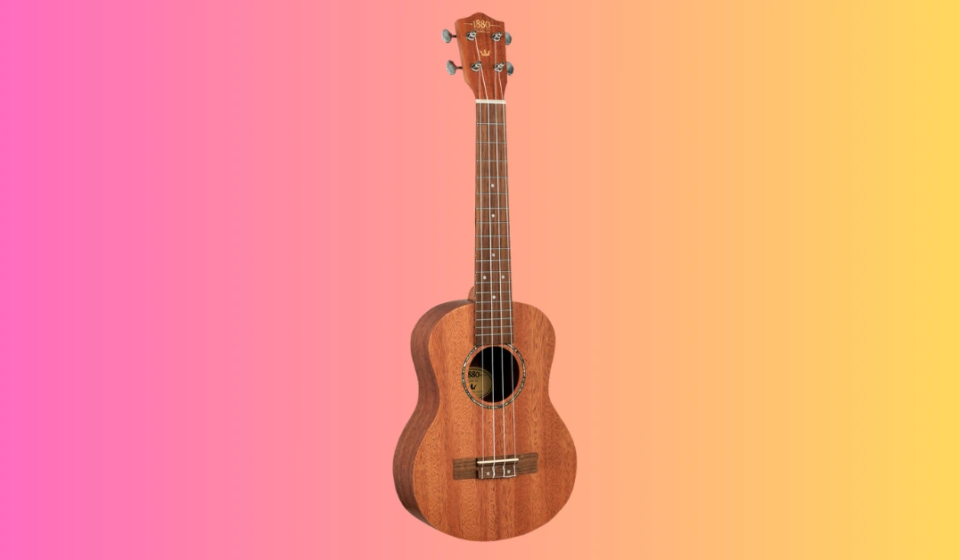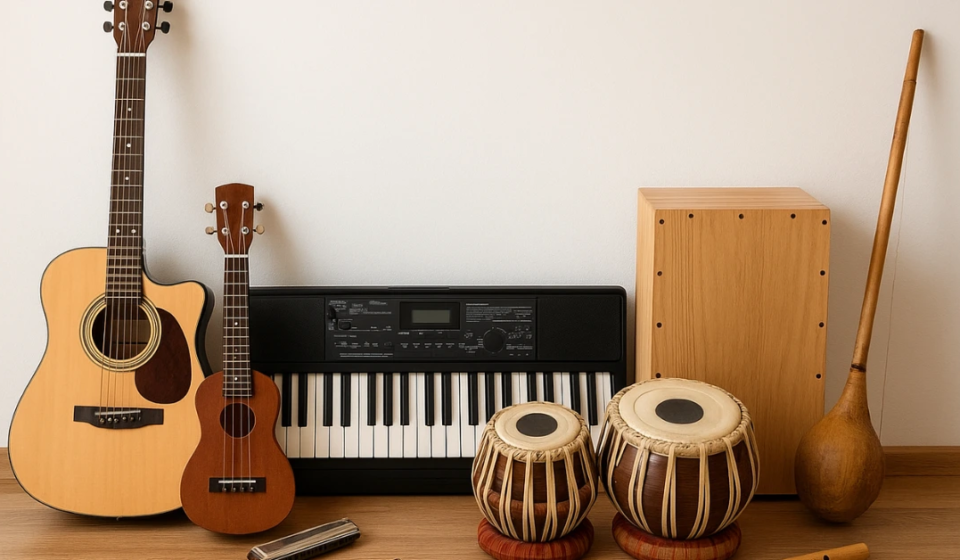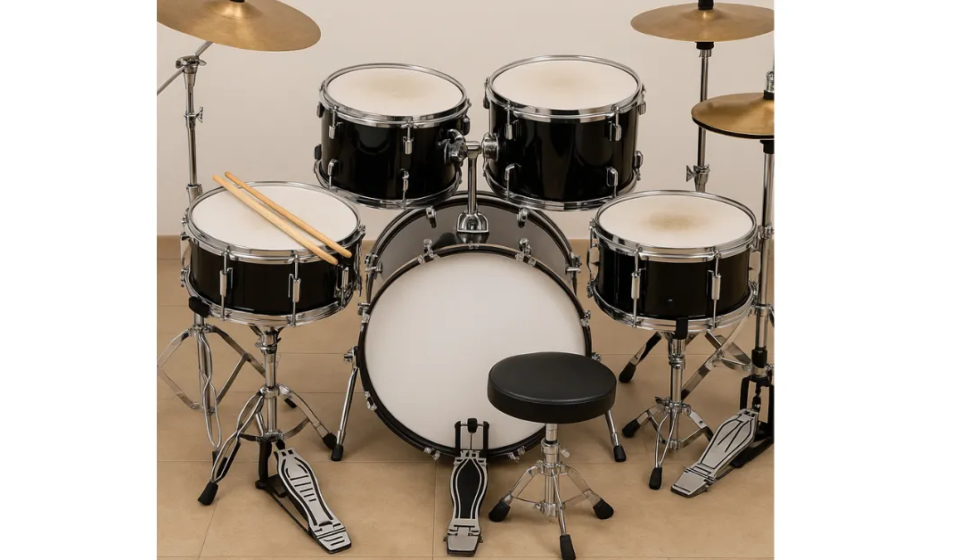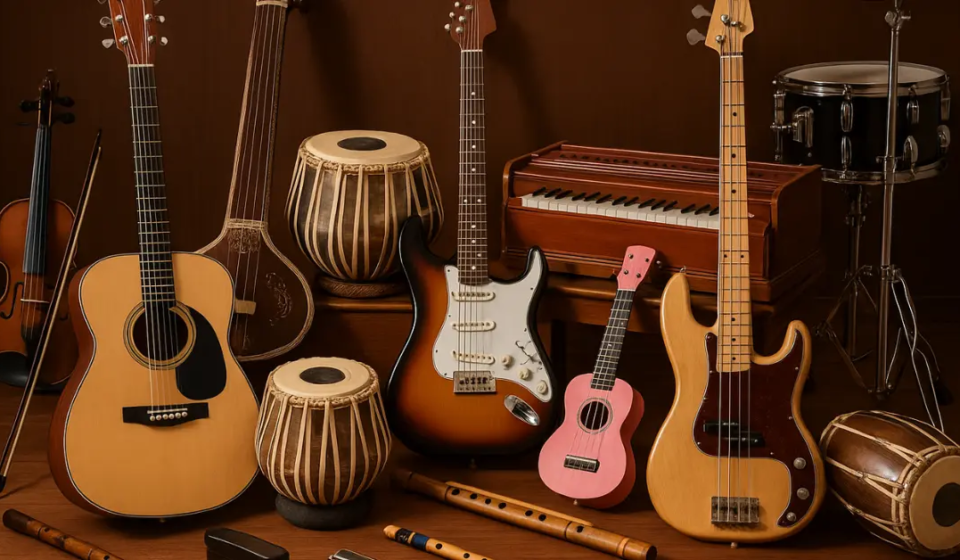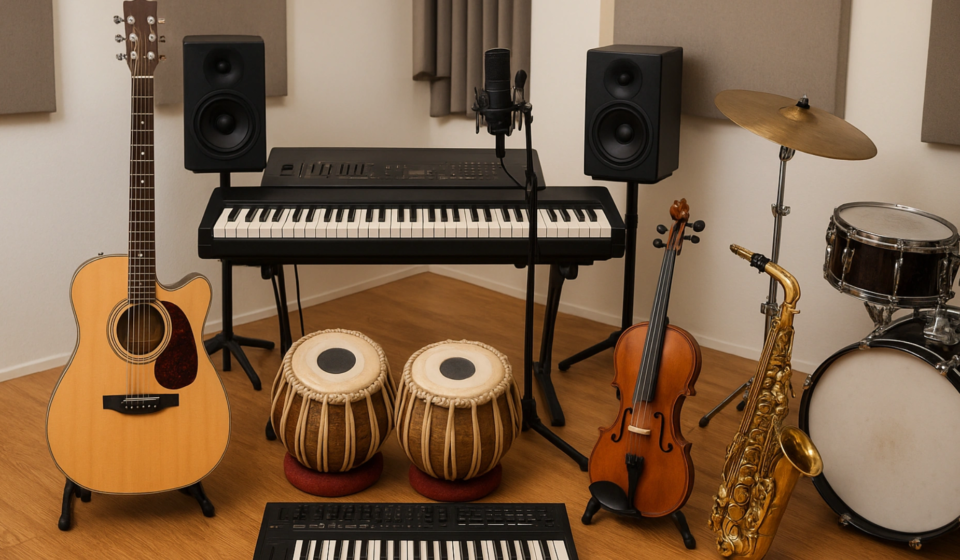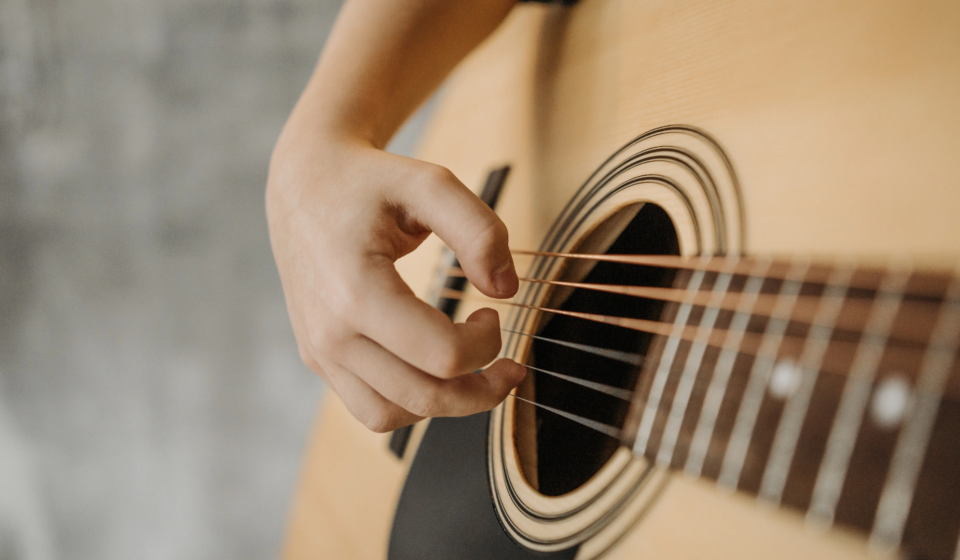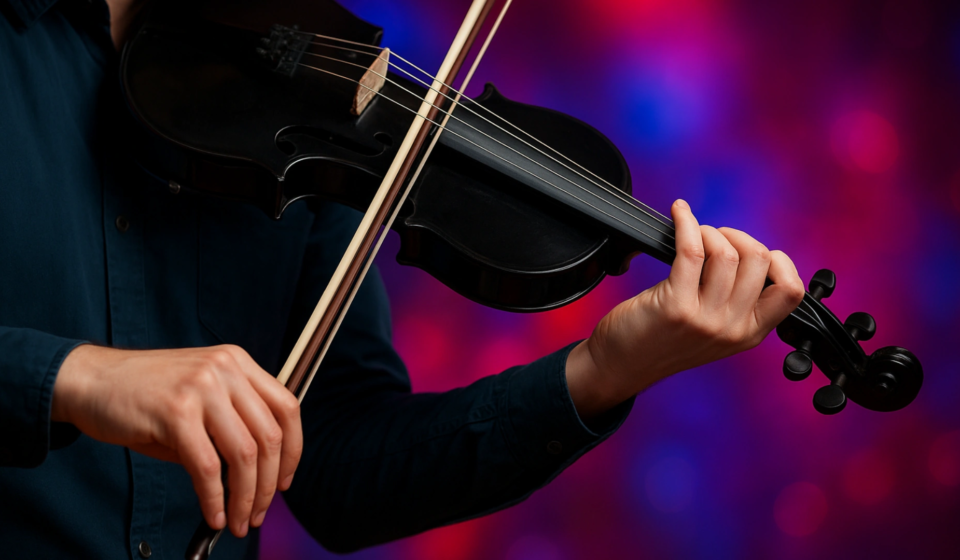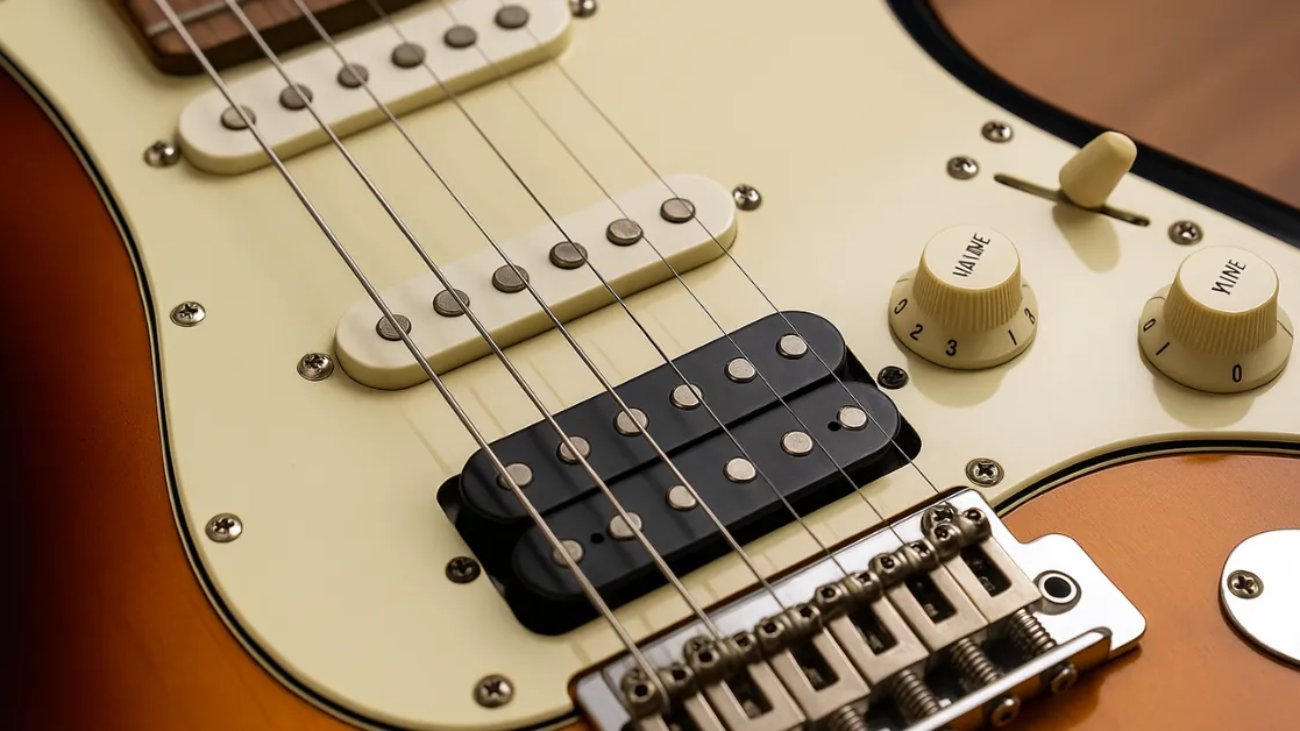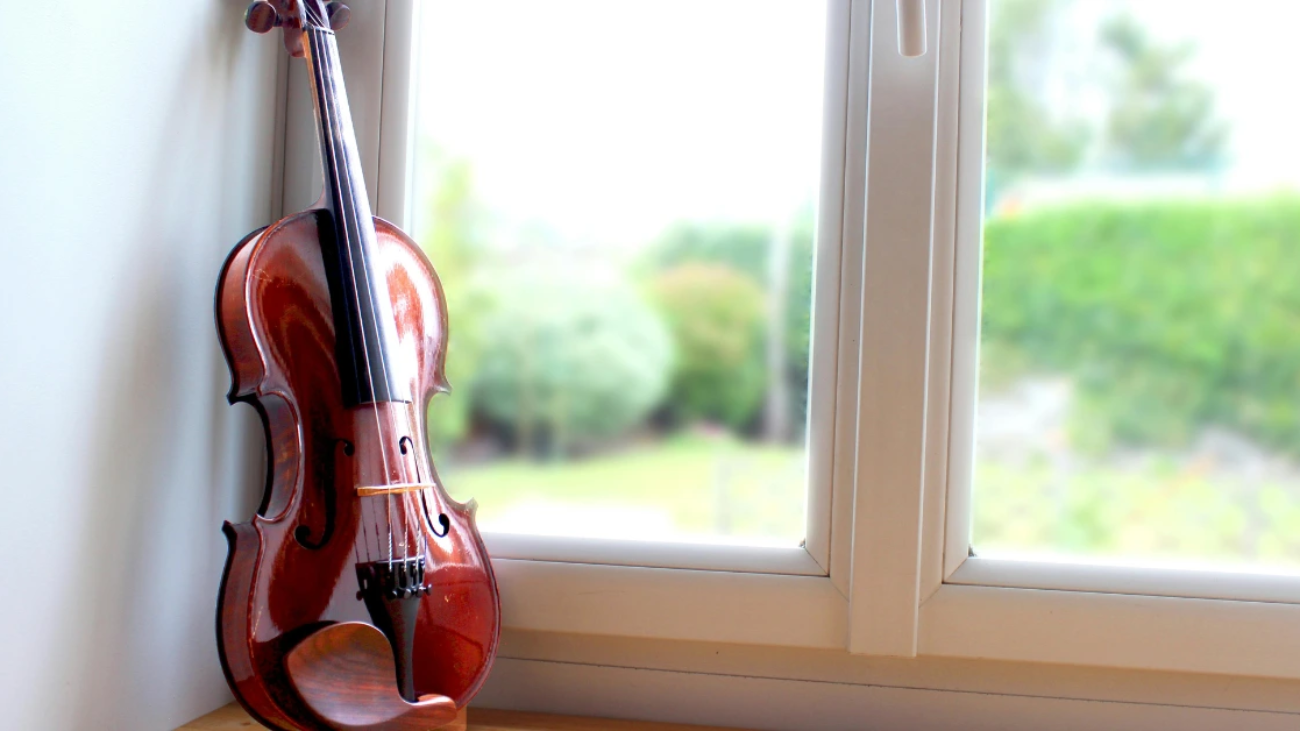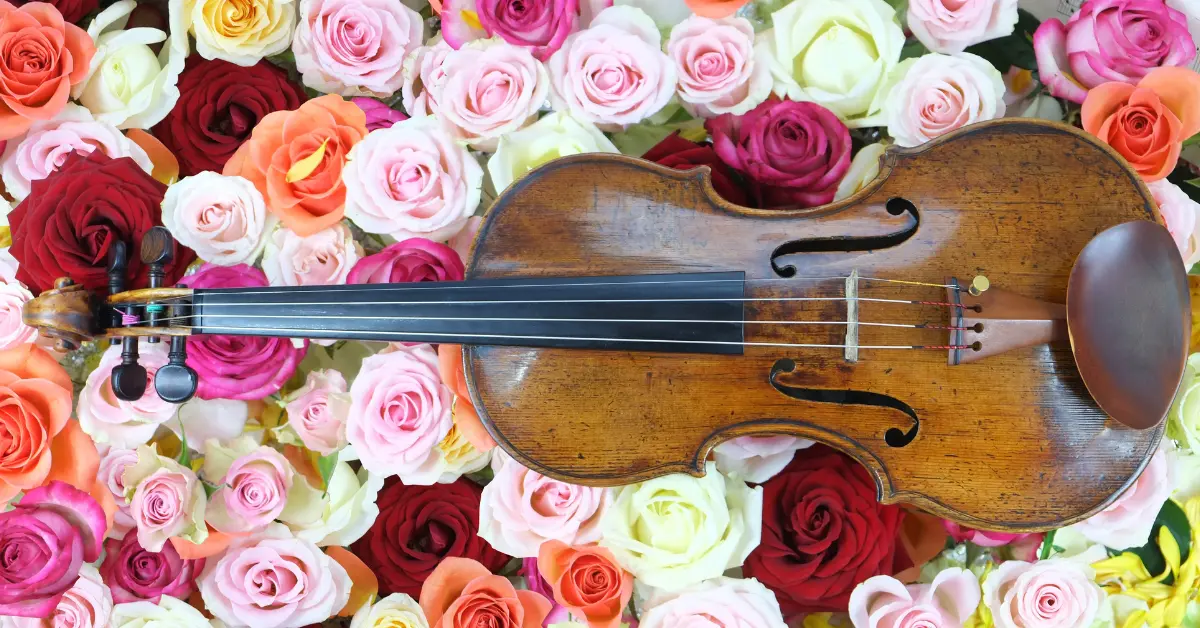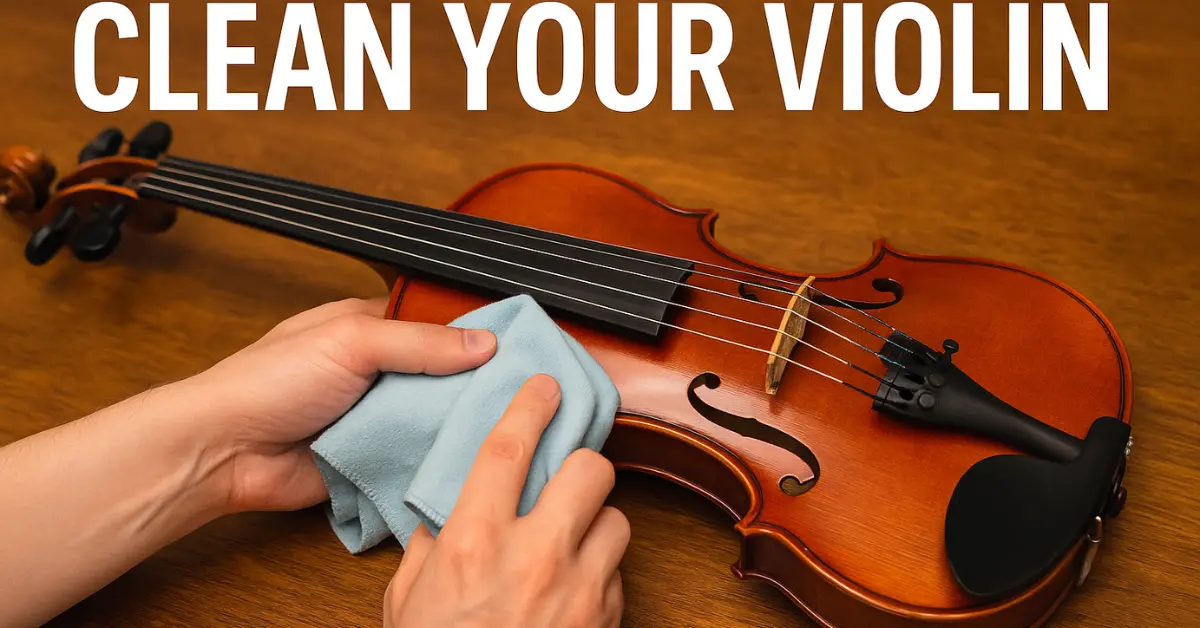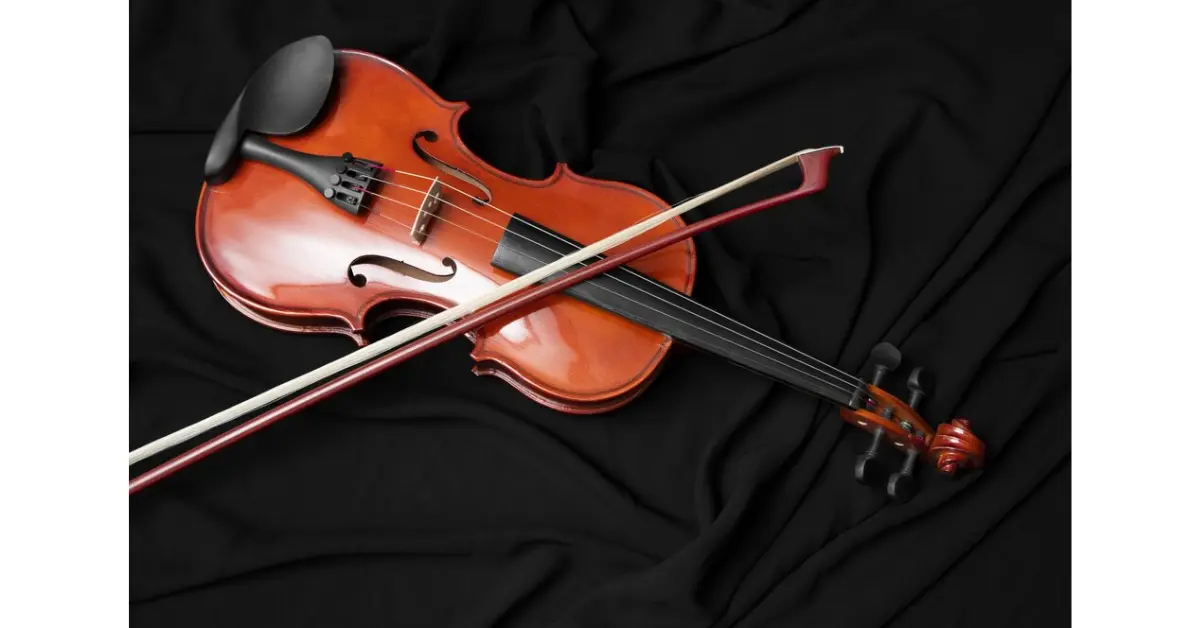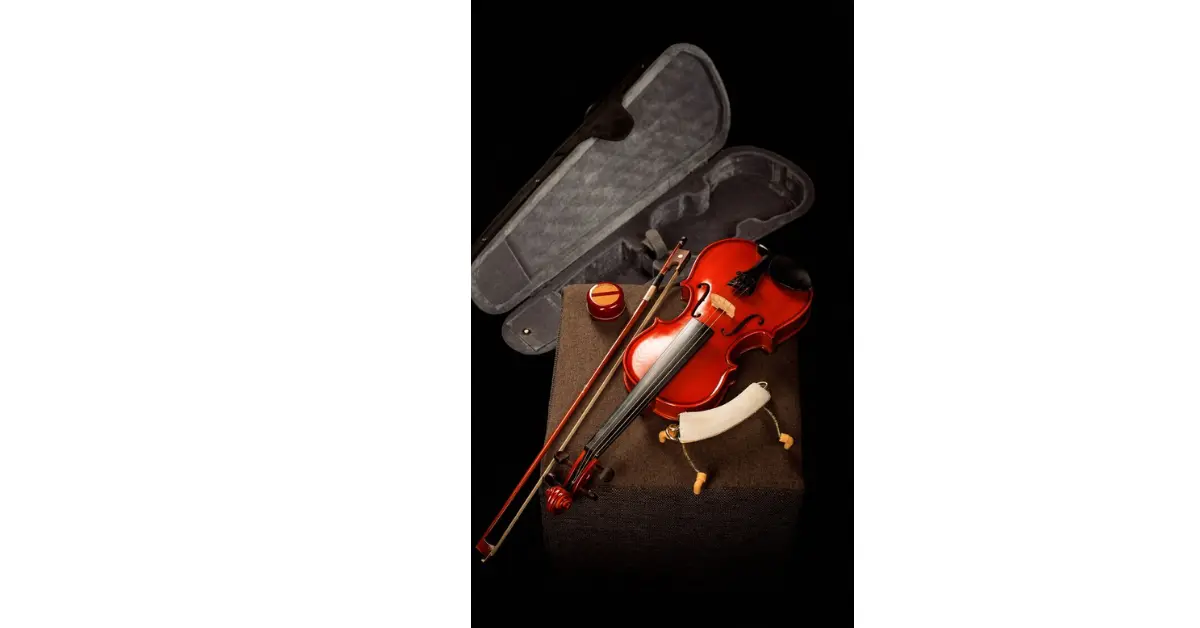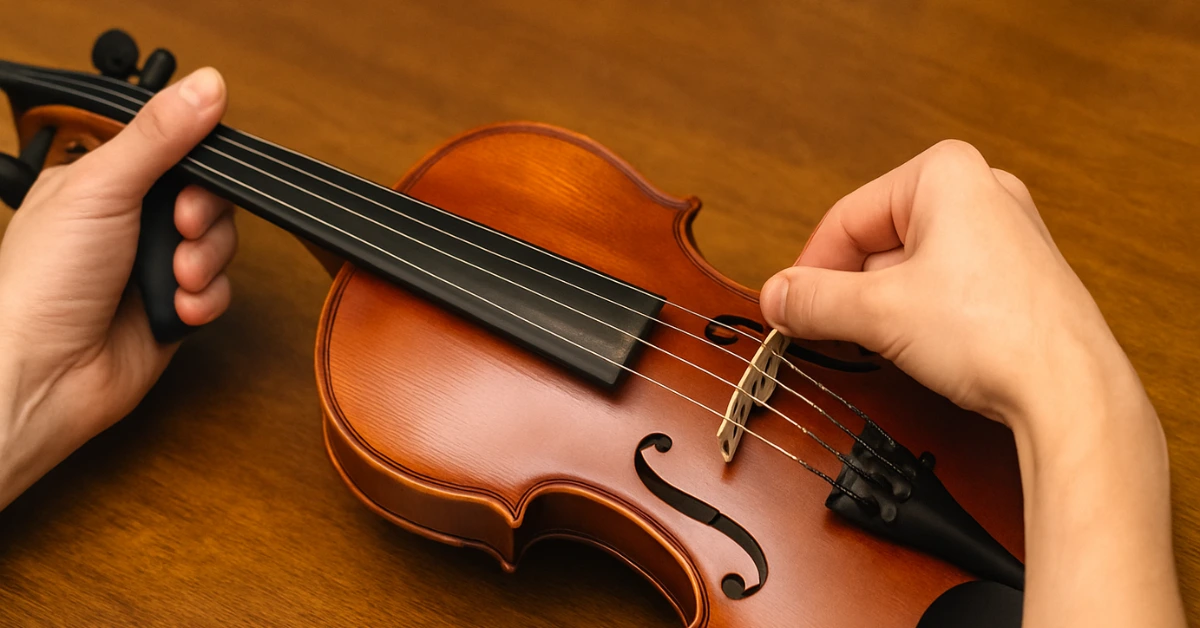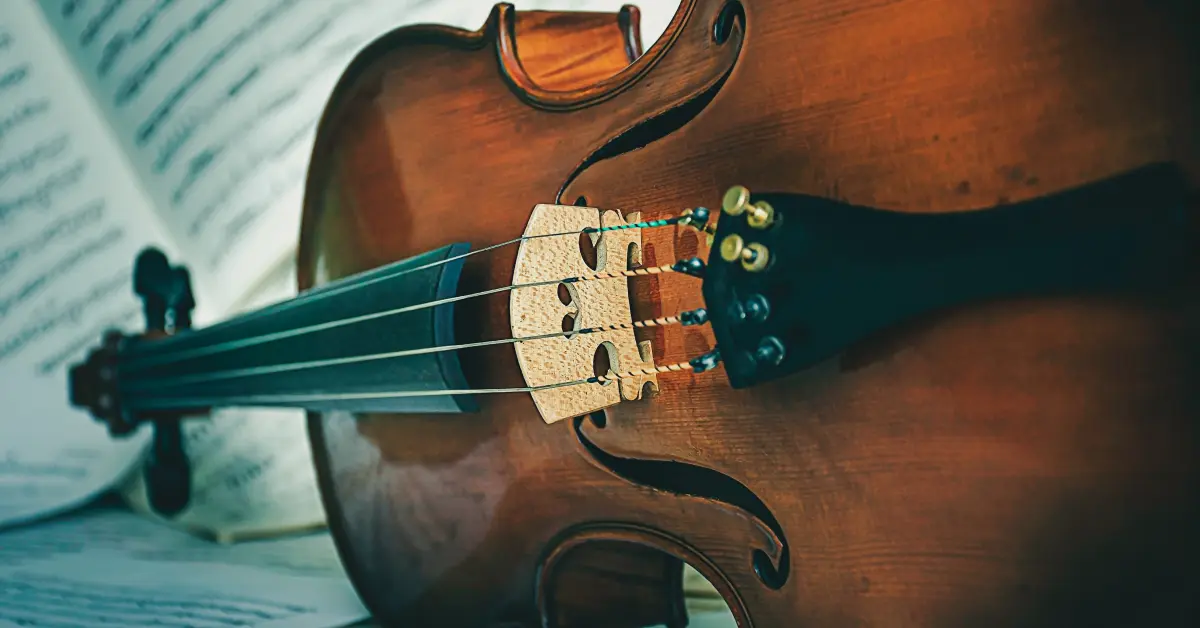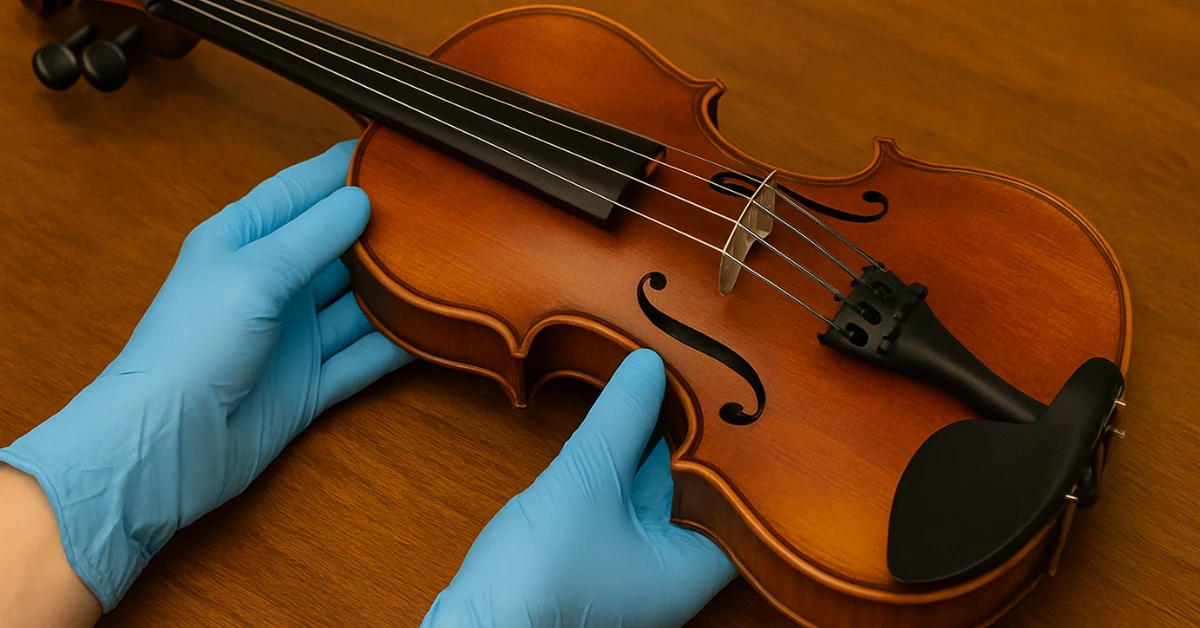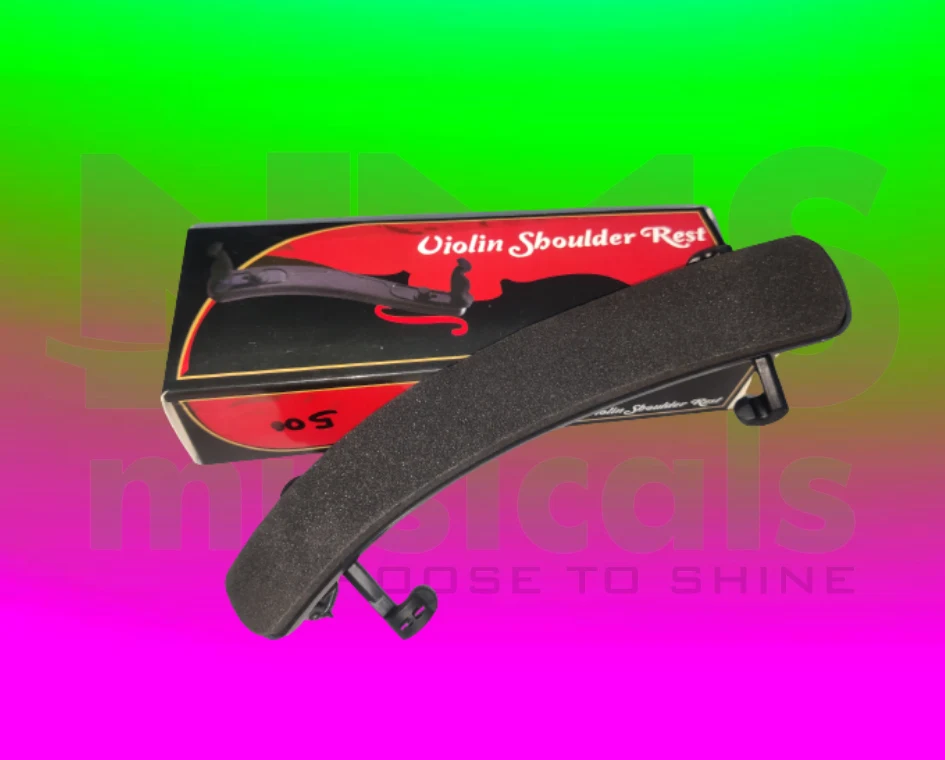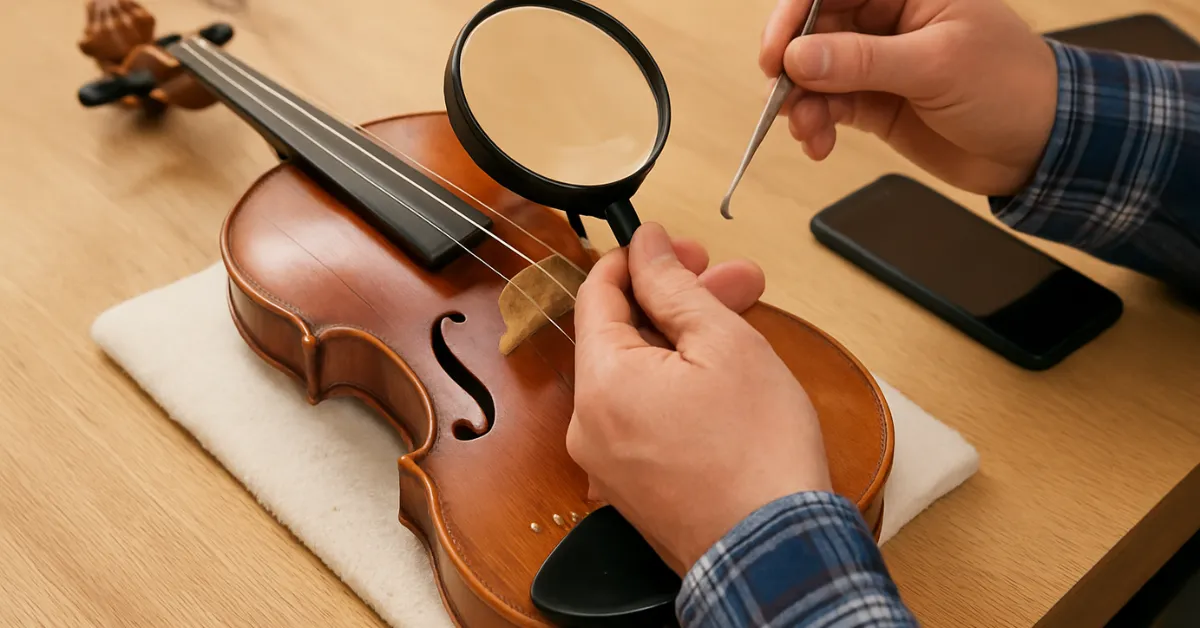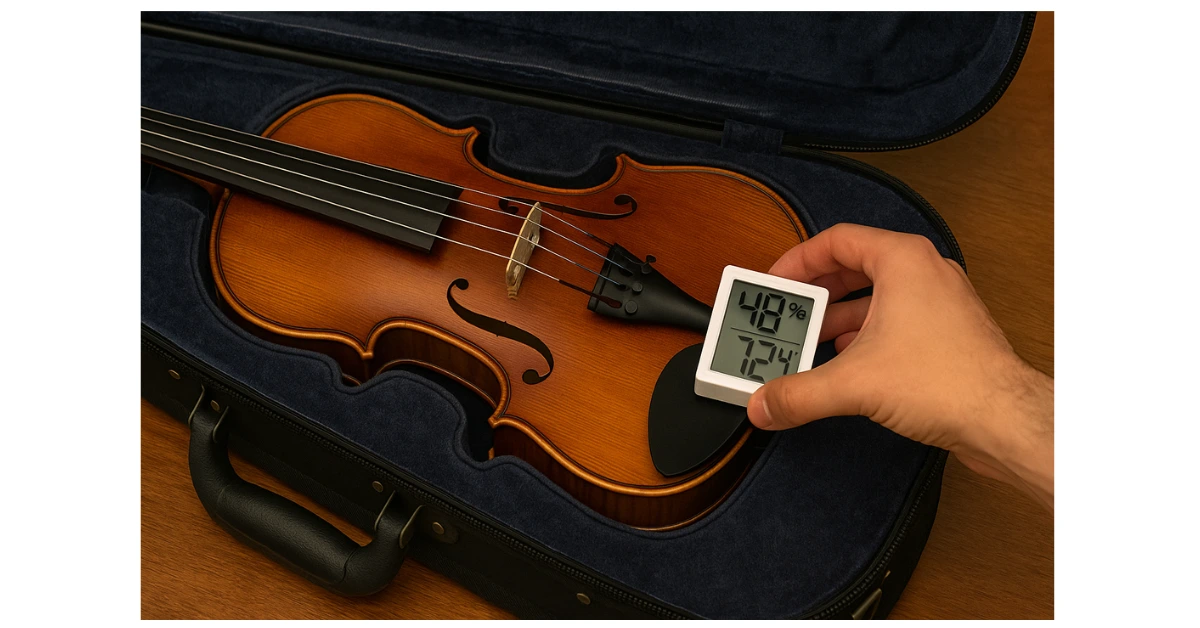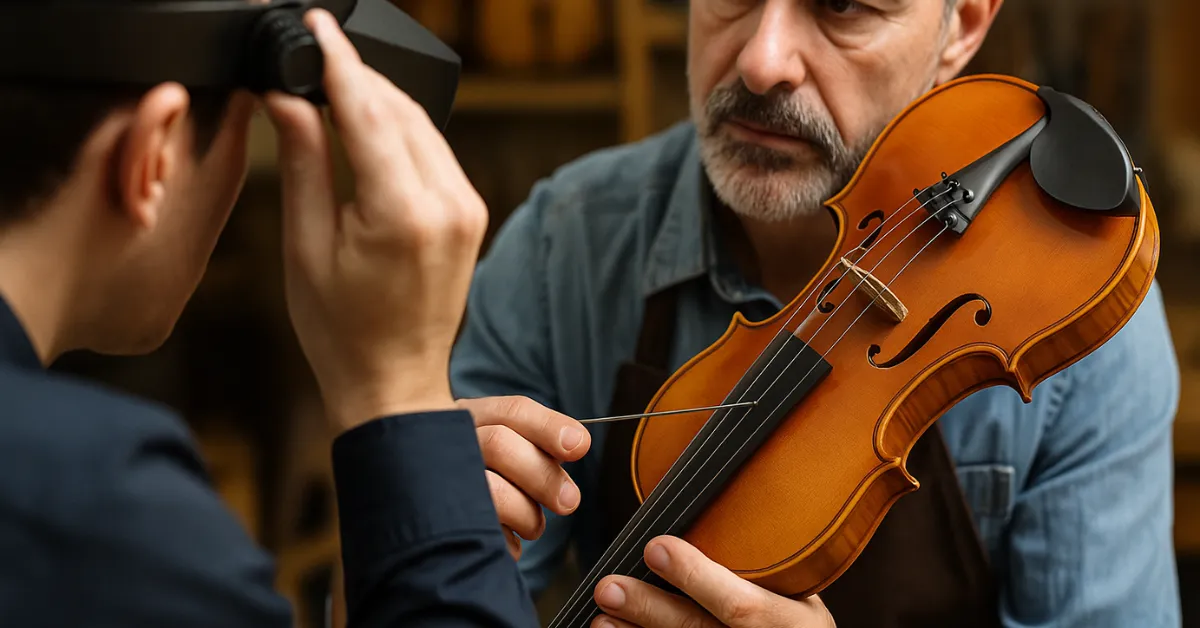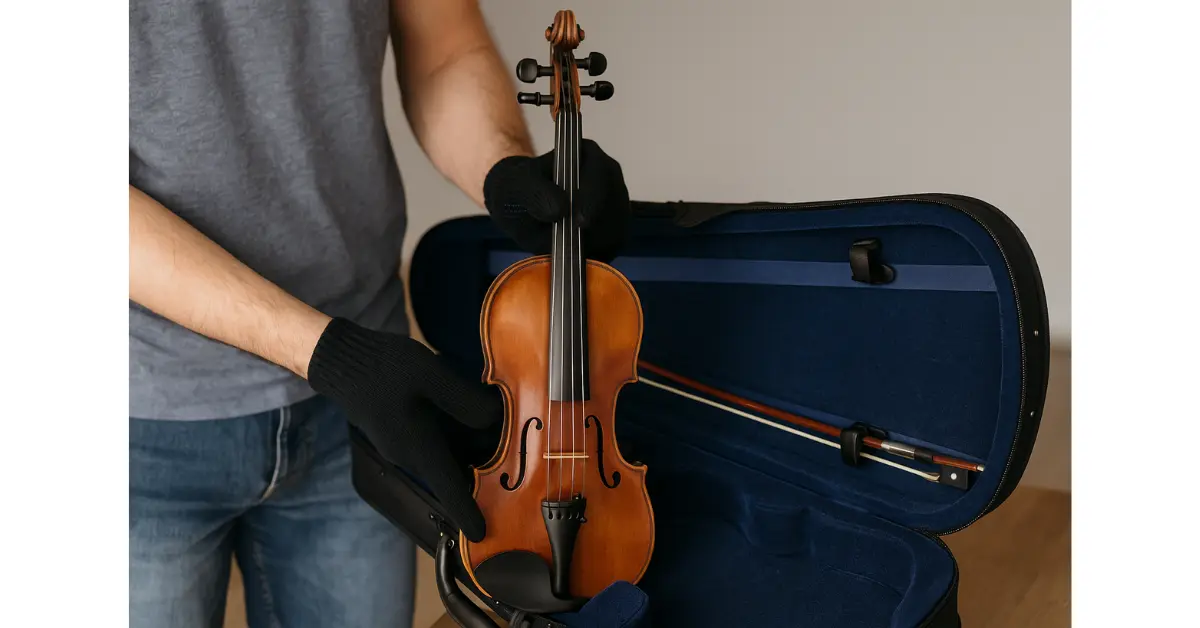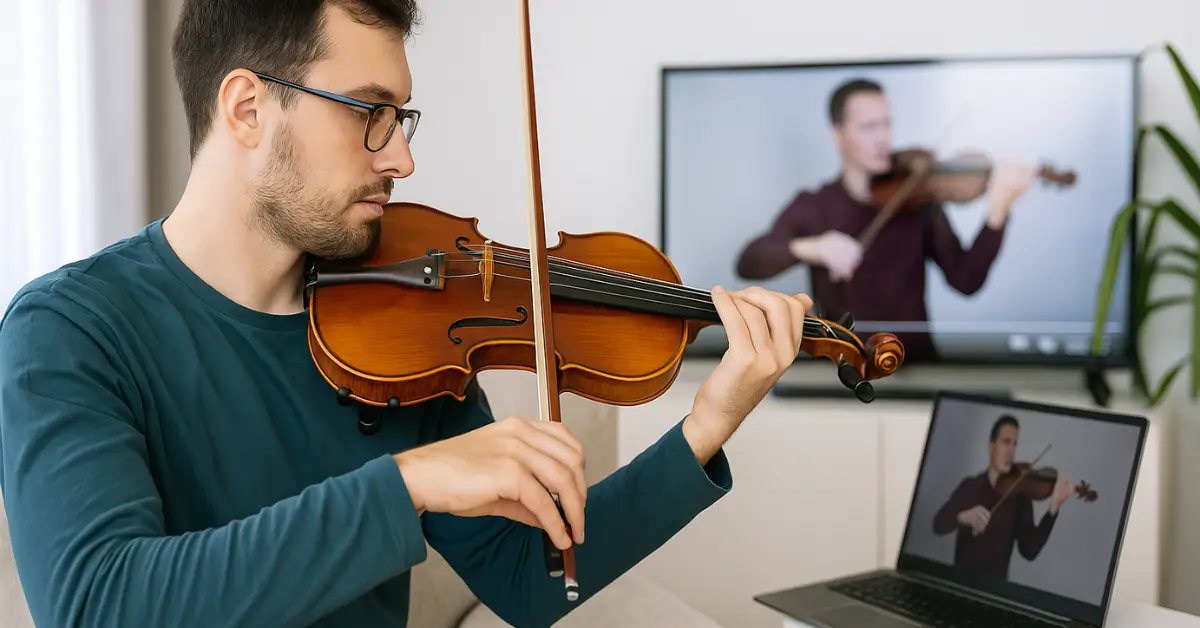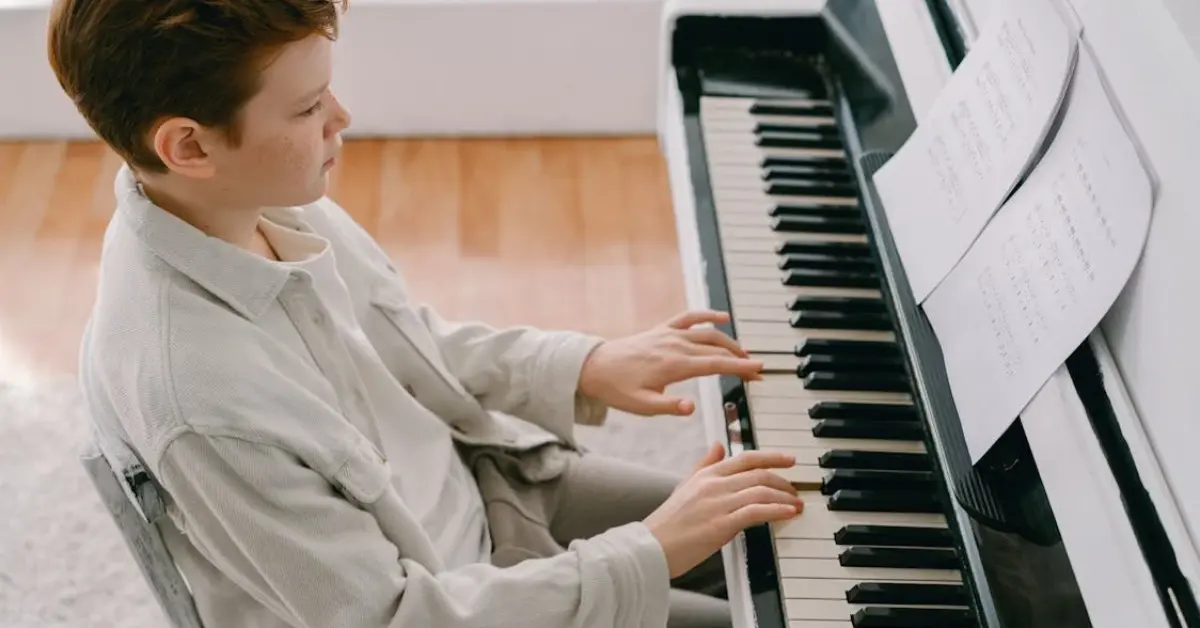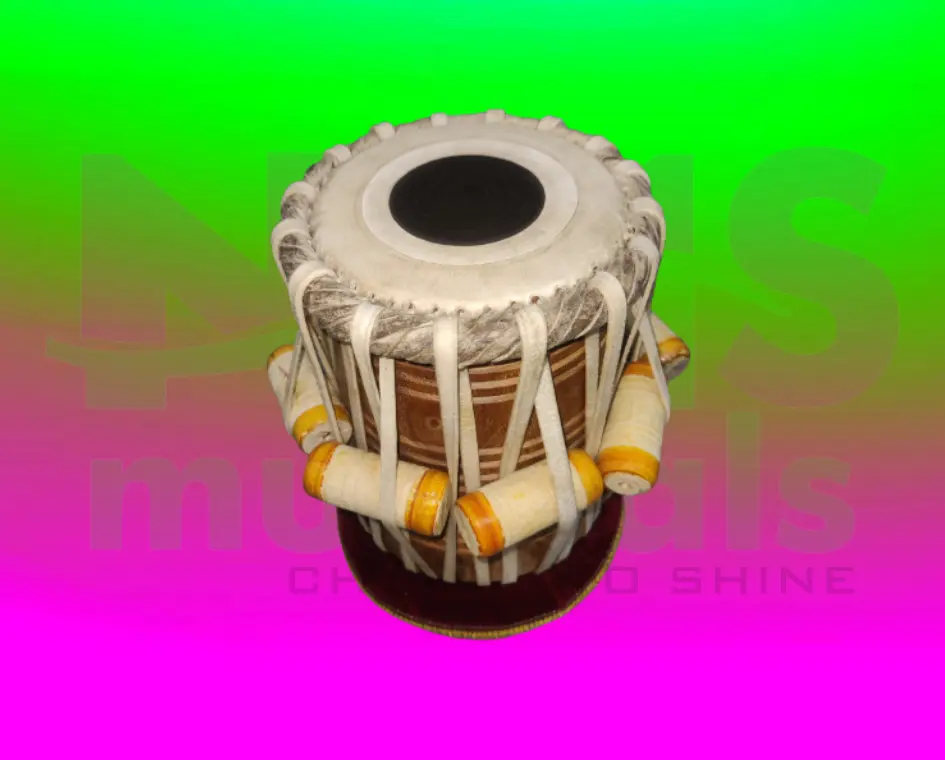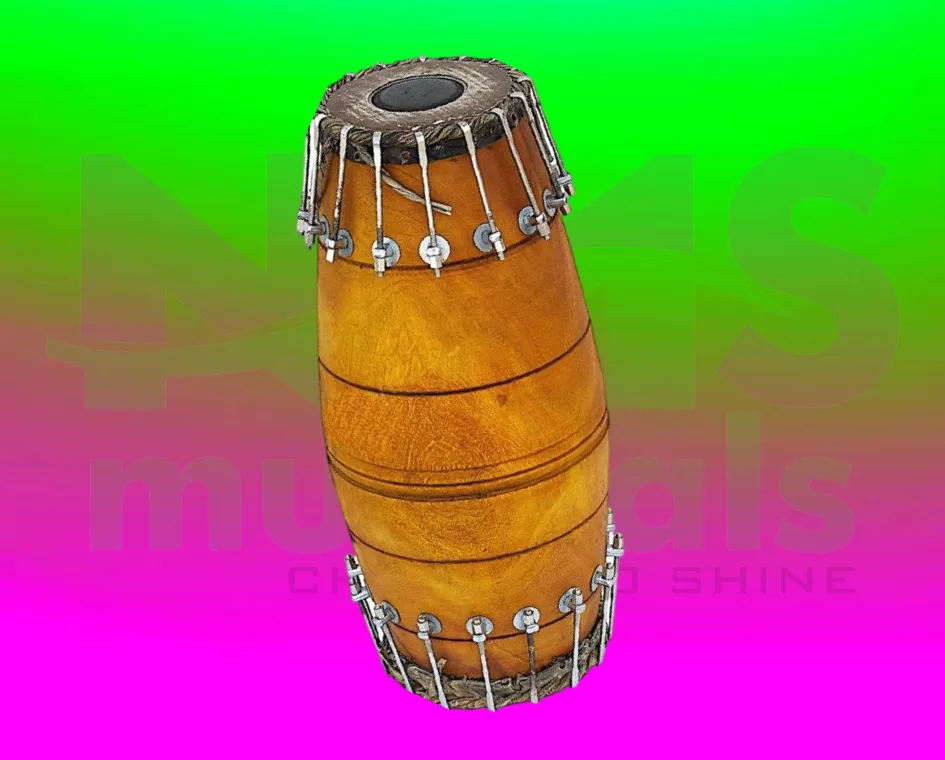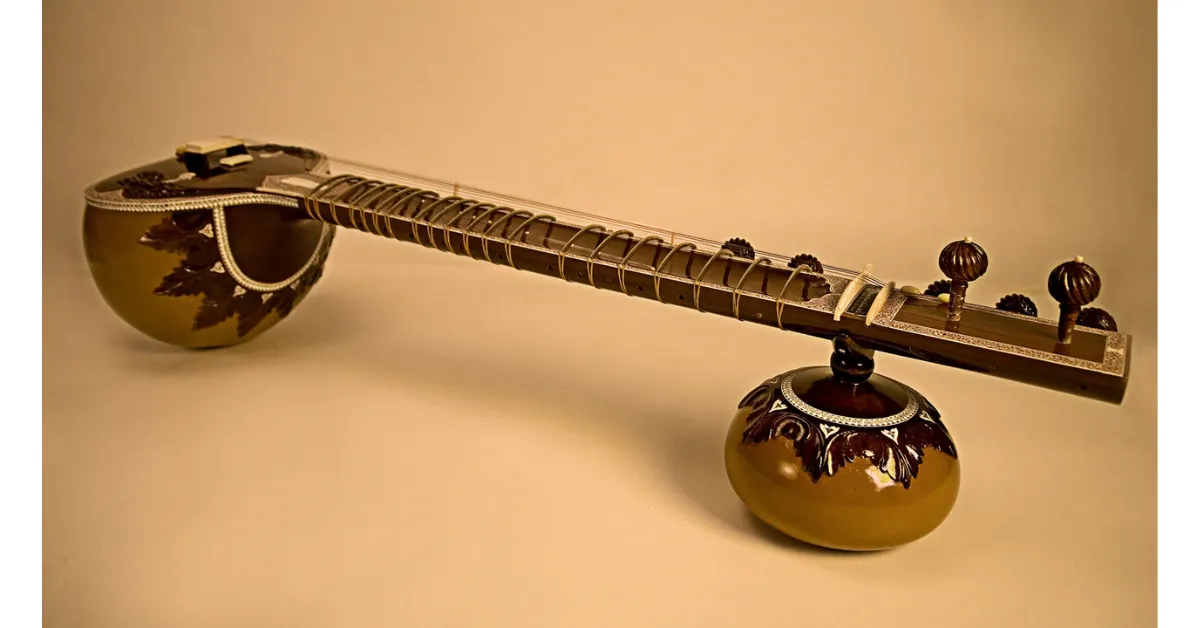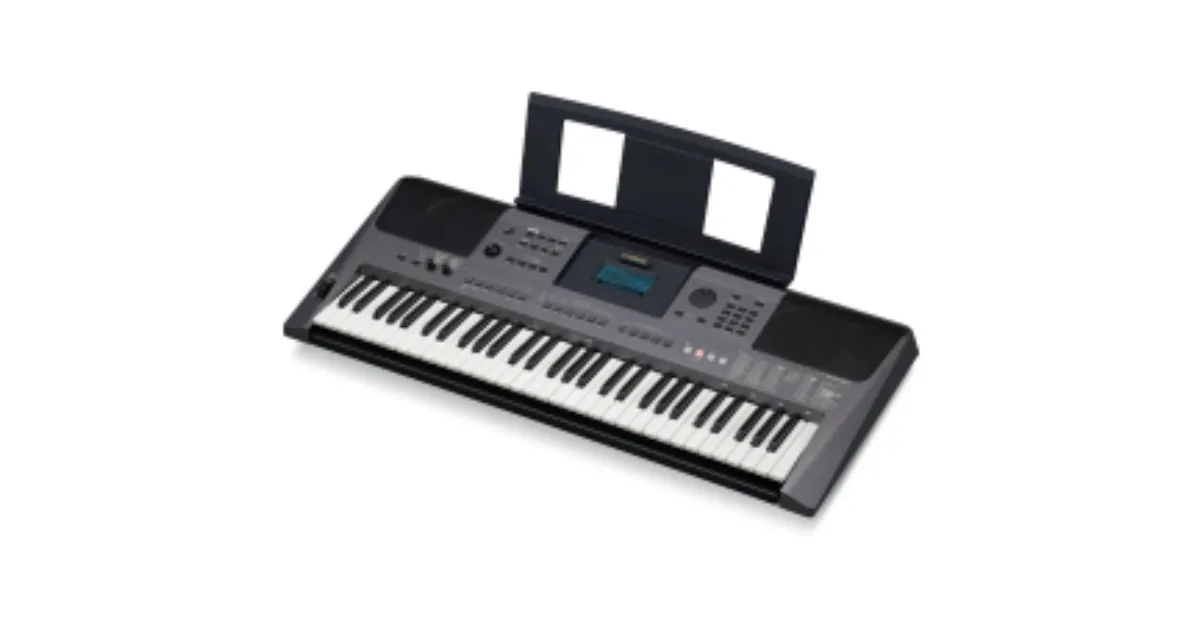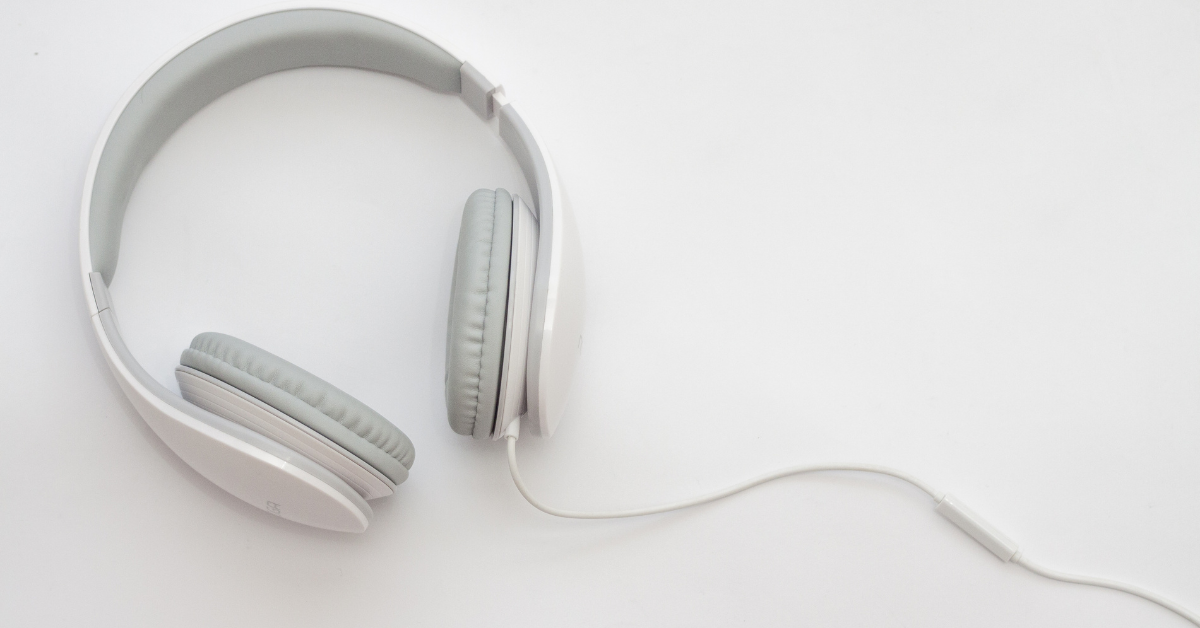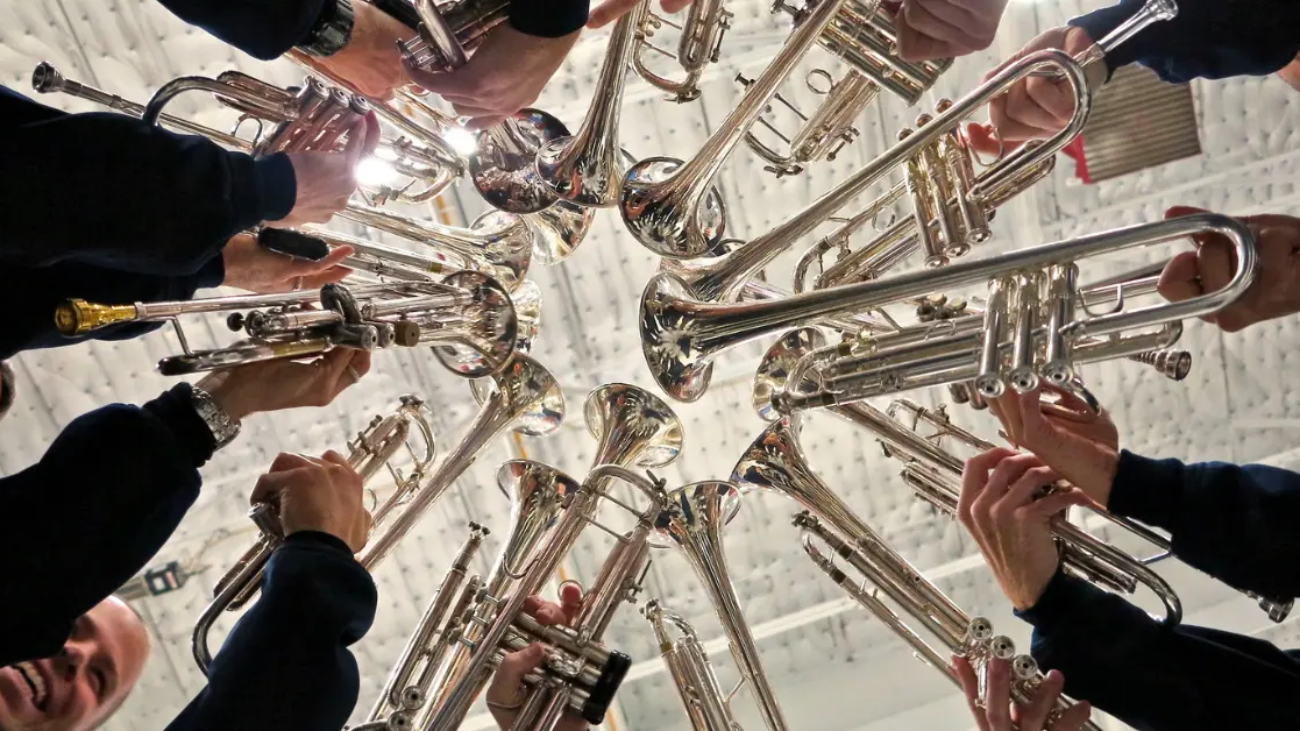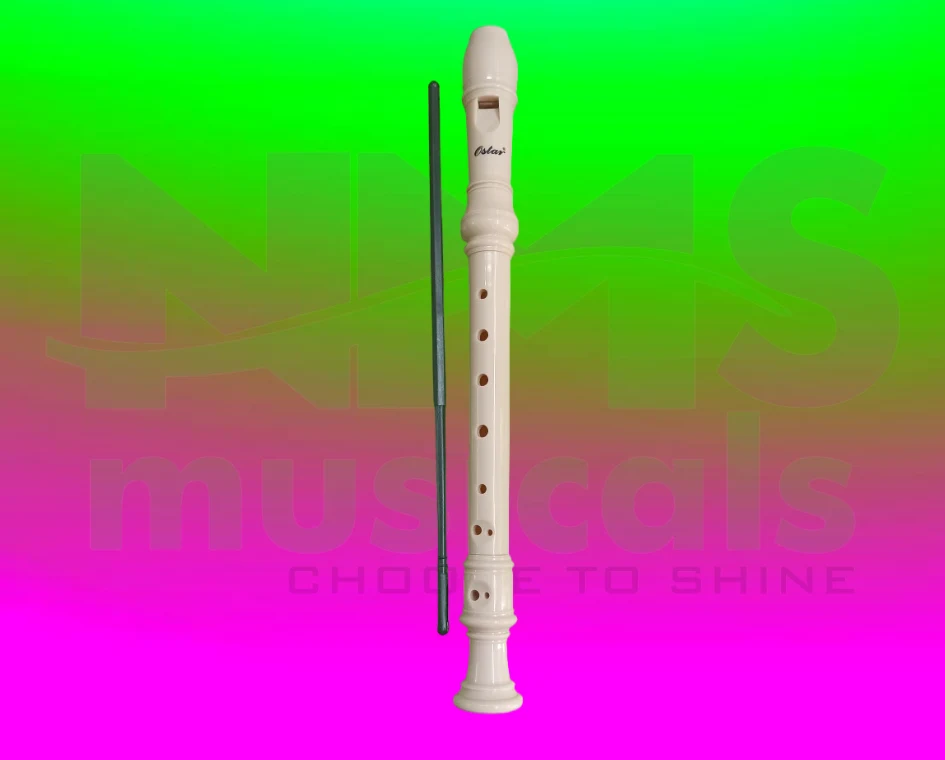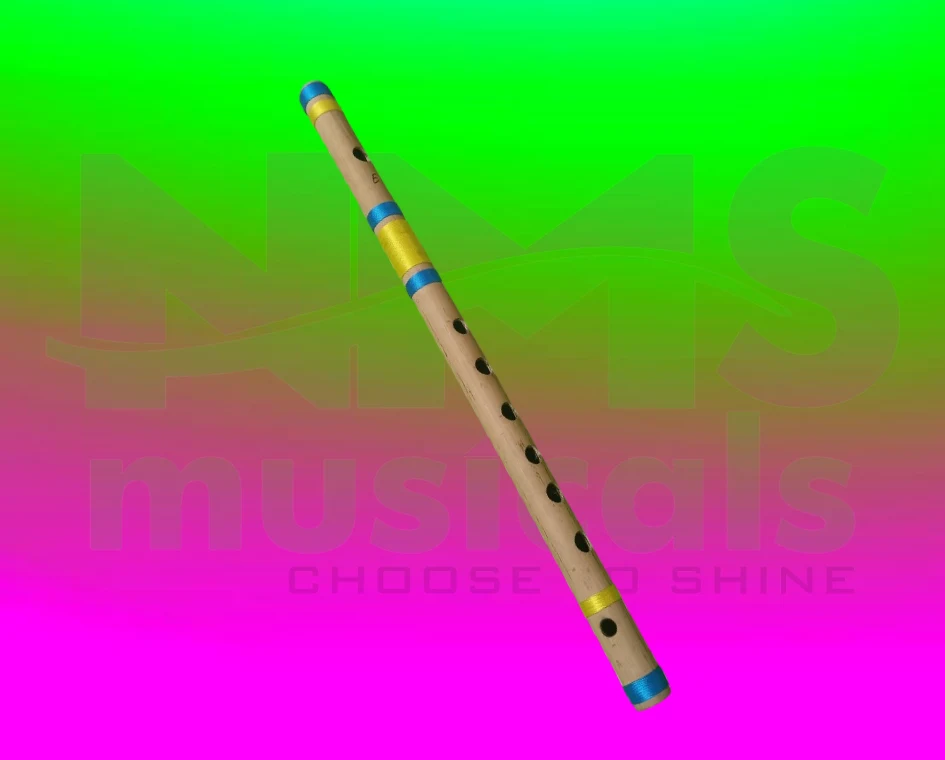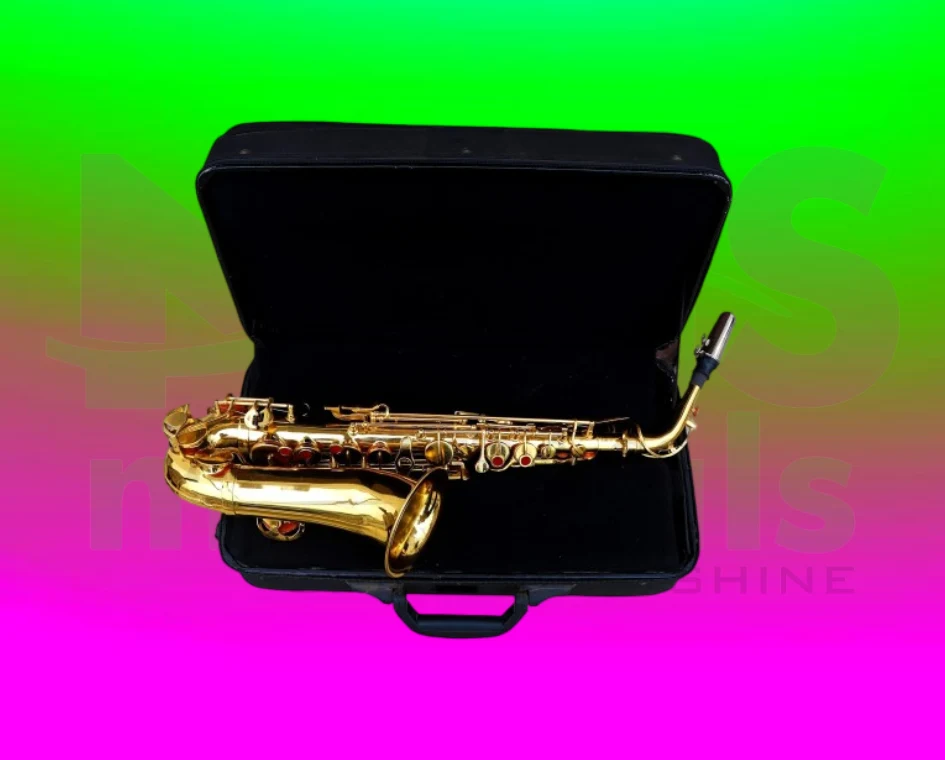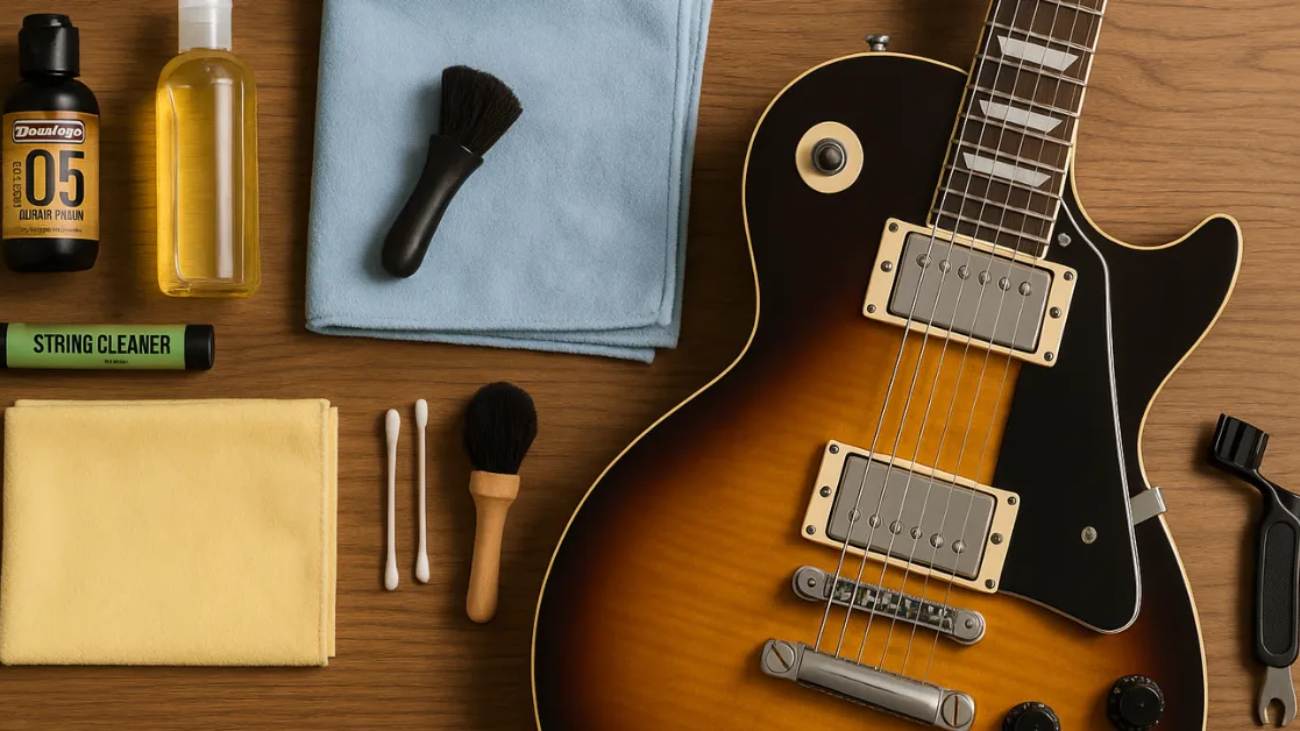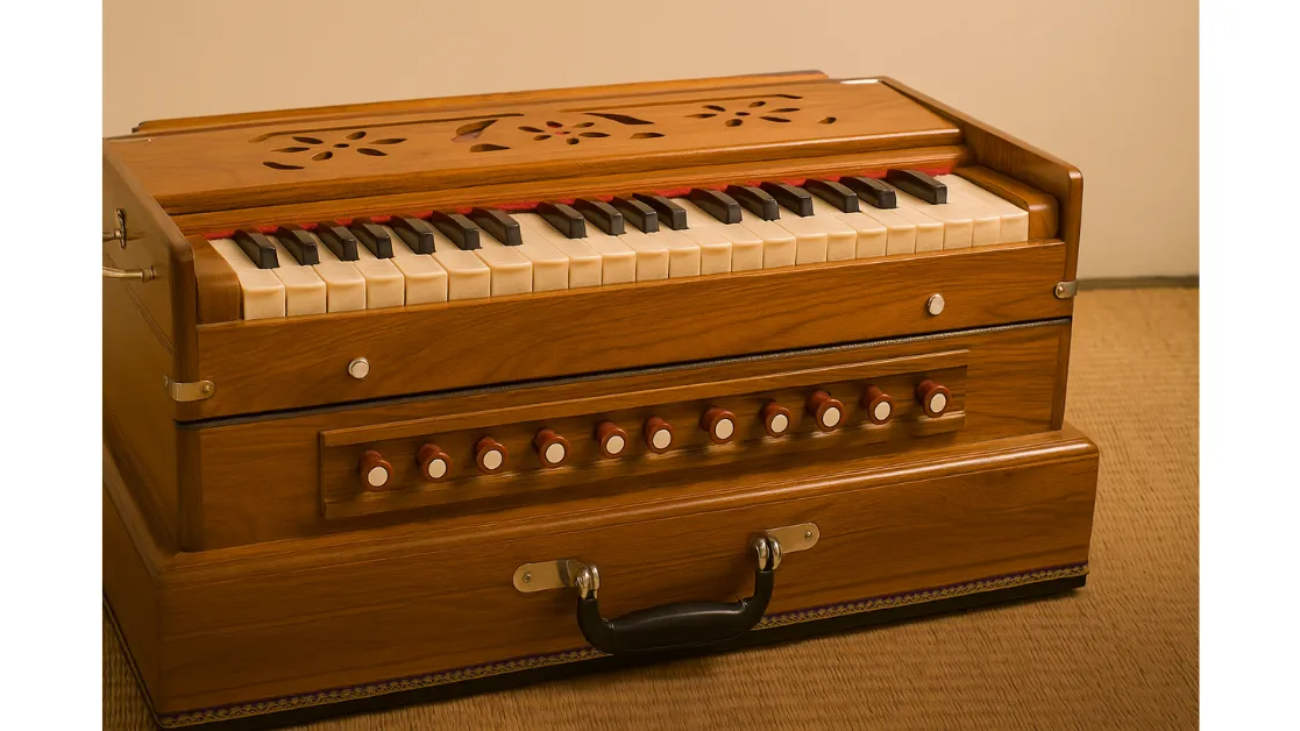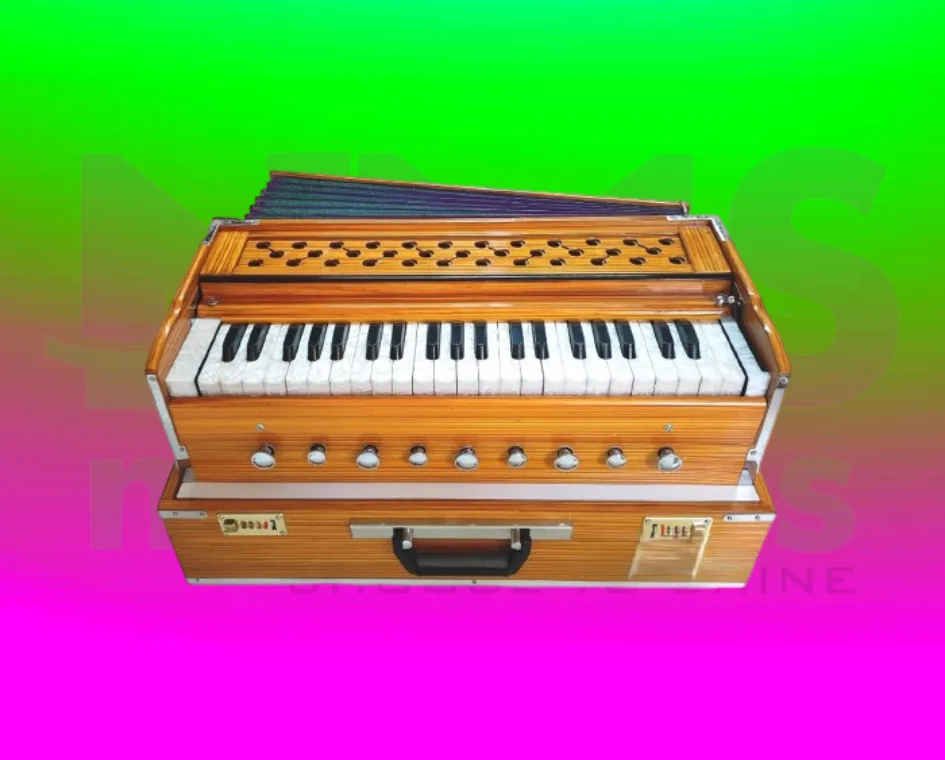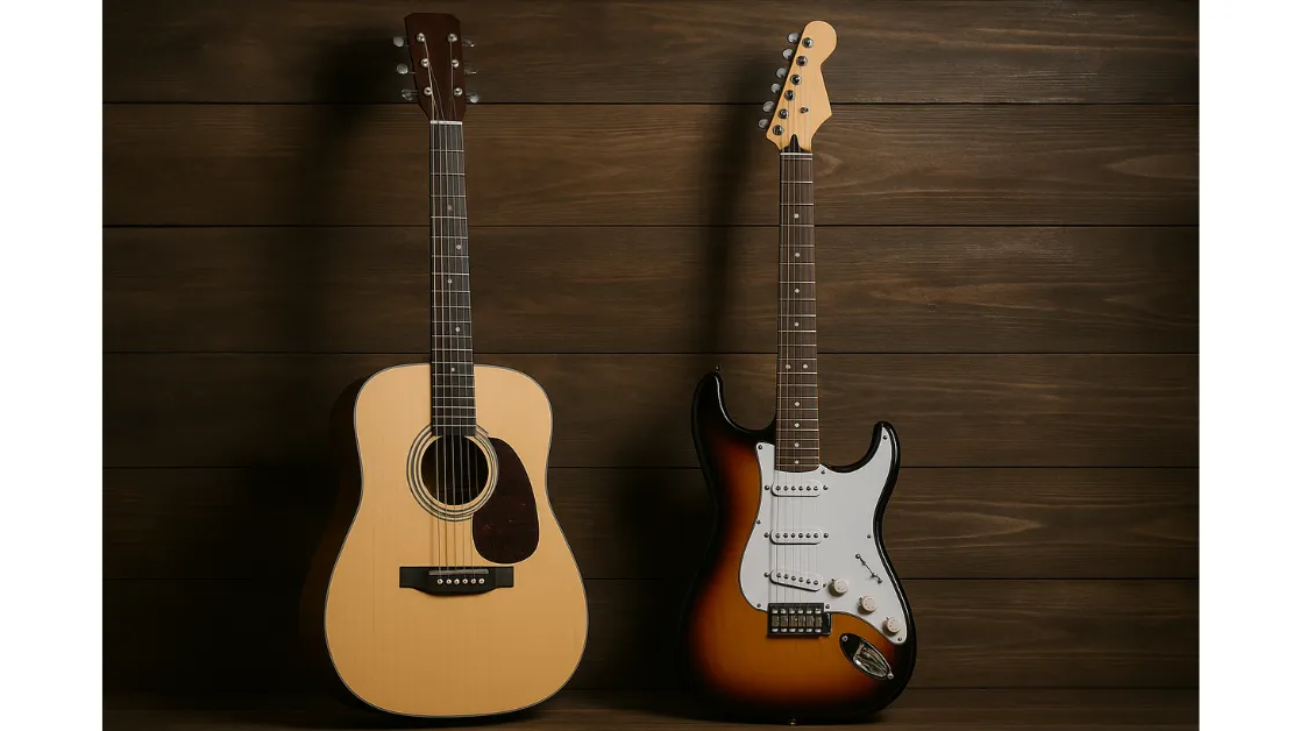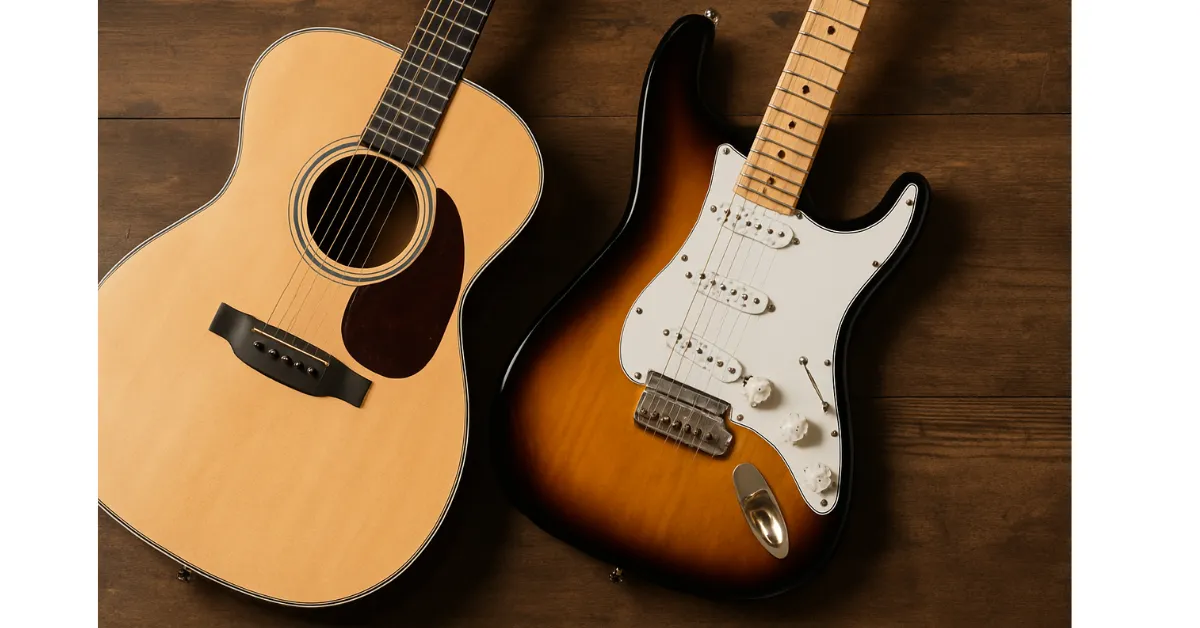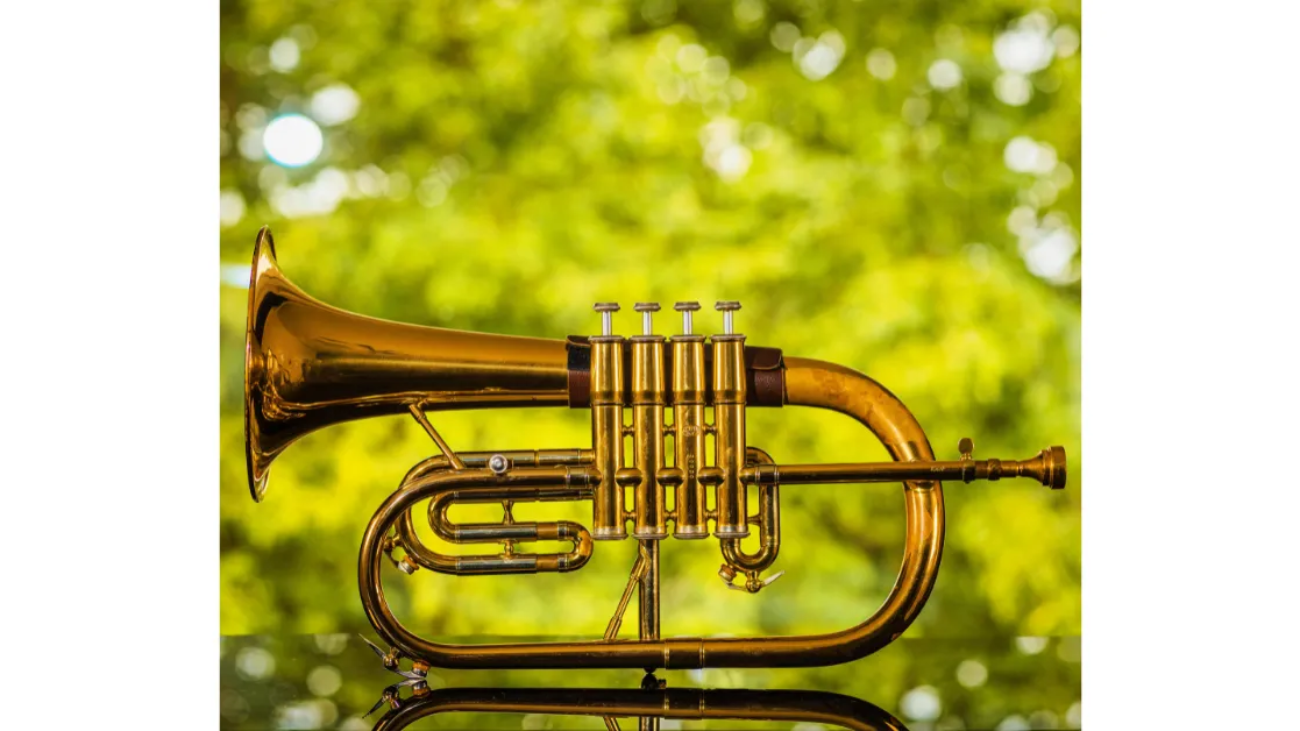Guitar Pickups Explained: What You Need to Know Before Buying
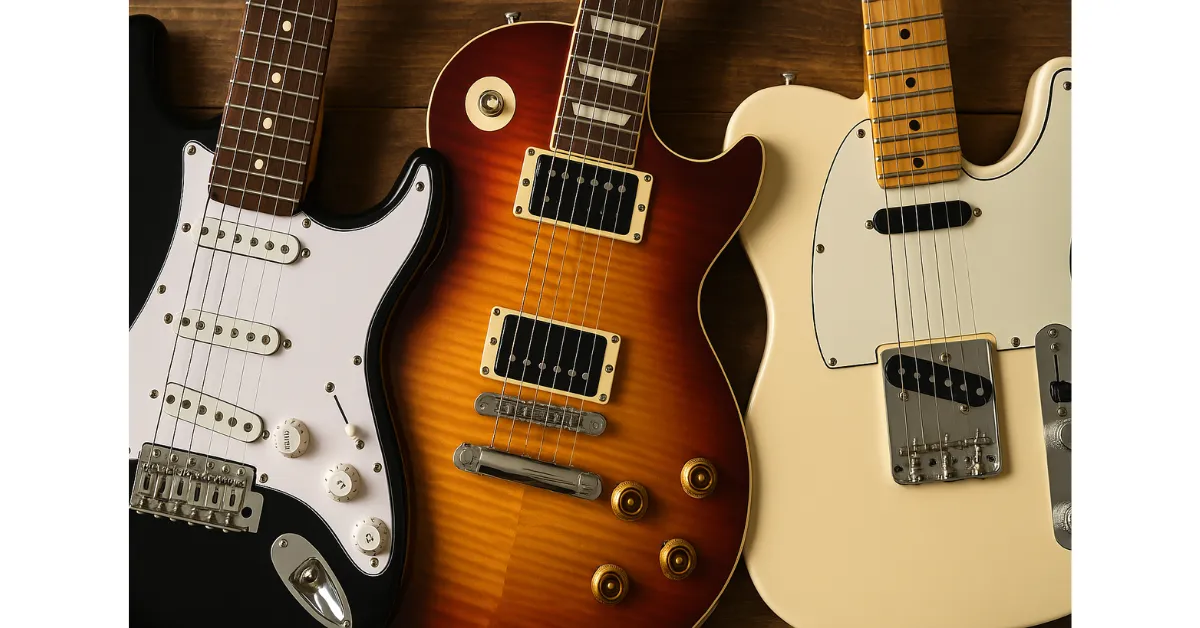
When buying or upgrading an electric guitar in India, understanding guitar pickups is crucial. These tiny magnetic components dramatically impact your guitar’s tone, clarity, and even your musical style. Yet, many beginners overlook pickups while choosing their first guitar or attempting modifications. In this comprehensive guide, we’ll demystify guitar pickups, explain their types, and help you make the right choice before buying or upgrading your instrument.
1. What Are Guitar Pickups?
- Definition: Pickups are magnetic devices that capture string vibrations and convert them into electric signals.
- Purpose: They shape your guitar’s voice—clean, distorted, mellow, or bright.
- Placement: Usually placed under the strings between the neck and the bridge.
- Connection: Sends signals through your cable to the amp or recording device.
- Importance: Crucial for electric guitarists, especially those playing rock, jazz, blues, or Indian fusion.
2. Types of Guitar Pickups
- Single Coil:
- Known for bright, crisp sounds.
- Found on Strat-style guitars.
- Great for blues, indie, and light rock.
- Humbucker:
- Thicker, warmer sound.
- Cancels hum (hence “hum-bucker”).
- Ideal for heavy rock, jazz, and metal.
- P90:
- A hybrid tone—warmer than single coil but not as thick as humbuckers.
- Common in vintage and retro guitars.
- Piezo Pickups:
- Found in electro-acoustic guitars.
- Captures string vibrations directly.
- Clear, acoustic-like tone.
3. Guitar Pickup Configuration Styles
- SSS: Three single coils (e.g., Fender Stratocaster).
- HSS: Humbucker in bridge, single coils in middle/neck.
- HH: Dual humbuckers (e.g., Gibson Les Paul).
- HSH: Two humbuckers and a single coil in the middle.
4. Choosing Pickups Based on Music Genre
- Rock/Metal: Go for humbuckers for fuller sound and less noise.
- Blues/Jazz: P90 or neck-position humbuckers for warm, expressive tones.
- Pop/Indie: Single coils for their sparkle and articulation.
- Indian Fusion: Balanced tones—try HSS for maximum flexibility.
5. How Pickups Affect Tone
- Output: Higher-output pickups distort more easily.
- Tone Range: Single coils = trebly; Humbuckers = bass-heavy.
- Attack and Sustain: Pickup height and type influence dynamics.
- Noise: Humbuckers reduce hum; single coils may buzz.
- Clarity: Pickups determine note separation and clarity.
6. Factors to Consider Before Buying Pickups
- Guitar Compatibility: Not all pickups fit all guitars.
- Playing Style: Choose based on how and what you play.
- Tone Preference: Test pickups if possible.
- Budget: Prices vary from ₹1,500 to ₹15,000 in India.
- Installation: Some need professional fitting.
7. Popular Pickup Brands in India
- Seymour Duncan: Known for variety and quality.
- DiMarzio: Ideal for rock and metal.
- Fender: Authentic single coil tones.
- EMG: Active pickups for aggressive tones.
- Wilkinson: Budget-friendly with solid performance.
8. Best Guitar-Pickup Combos for Indian Players
- Budget Setup:
- Guitar: Cort or Juarez
- Pickup: Wilkinson or Artec
- Midrange Setup:
- Guitar: Ibanez or Yamaha
- Pickup: Seymour Duncan or Fender
- Pro Setup:
- Guitar: PRS SE or Fender
- Pickup: EMG or DiMarzio
9. Where to Buy Pickups in India
- Online Platforms:
- Bajaao
- Amazon India
- DevMusical
- Physical Stores:
- NMS Musicals (Chennai)
- Furtados (Mumbai, Bangalore)
- OnStage Music (Delhi)
10. Tips for Maintaining Pickups
- Keep Clean: Wipe after playing.
- Avoid Magnet Damage: Keep away from strong magnets.
- Height Adjustment: Learn correct height for tone balance.
- Humidity Protection: Store in dry environments.
- Wire Check: Inspect for damage or rust periodically.
Conclusion
Whether you’re a beginner upgrading your first guitar or an enthusiast looking for tonal magic, understanding pickups is a game-changer. For Indian guitarists, the right pickup can bring Bollywood tunes, Carnatic fusion, or Indie rock alive with richness and clarity. With so many options and brands available in India, knowing what to look for before buying helps you get the sound you truly want. Now that you’ve got guitar pickups explained thoroughly, make your choice wisely and start playing with confidence.
At NMS Musicals, we offer a comprehensive range of musical instruments, including percussion, string, wind, and keyboard instruments. Our services encompass sales, expert servicing, and the manufacture of leather instruments. Explore our diverse collection and find the perfect instrument to suit your musical needs.
Visit our website to browse our offerings: nmsmusicals.in
For a closer look at our products, check out our shop page: nmsmusicals.in/shop
Stay connected with us through our social media channels:
- Facebook: https://www.facebook.com/nmsmusicalinstruments/
- Instagram: https://www.instagram.com/nmsmusicals/?hl=en
- YouTube: youtube.com/@nmsmusicals
Our shop locations are:
- Puducherry: 149, Perumal Koil Street, Heritage Town, Puducherry, 605001.
Map Link: https://maps.app.goo.gl/ejDwBBFEJmd3szxk7 - Chennai: No: 1, 1st Floor, Kandigai Street, TVS Nagar, Korattur, Chennai – 600076.
Map Link: https://maps.app.goo.gl/7oXmB6X7KQsqeuuw9
For inquiries, contact/Whatsapp us at 9500663895 or email us at laxman.m89@gmail.com.
Discover the world of musical instruments with NMS Musicals today!
For a visual overview of our percussion instruments, watch the following video:
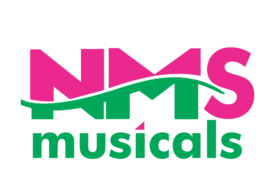

 Cart is empty
Cart is empty 

